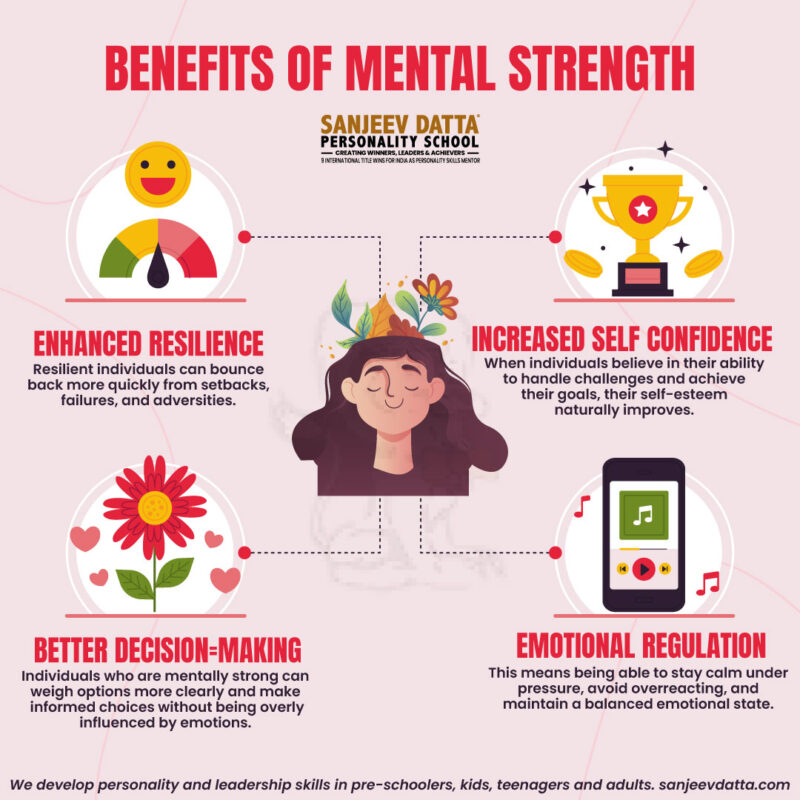How to be secretive? This question might provoke thoughts of espionage or covert activities. However, the essence of being secretive is much more about personal boundaries and controlling the flow of information about oneself. In today’s digital age, where everyone’s lives are on display, understanding how to maintain a level of secrecy can protect your personal space, enhance your security, and even give you a competitive edge. This article explores practical ways to cultivate the art of secrecy while maintaining genuine and trusting relationships.
The Importance of Being Secretive

Before delving into the how, it’s crucial to understand why being secretive can be beneficial. Secrecy is not about deception; rather, it’s about control and boundaries. Here are some reasons why maintaining a level of secrecy is important:
1. Personal Security
In a world where data breaches and identity theft are common, being secretive about personal information can protect you from cyber threats. Avoiding oversharing on social media and being cautious about whom you trust with your details can prevent potential security risks.
2. Professional Advantage
In the workplace, maintaining secrecy about your strategies, plans, and personal life can prevent professional sabotage and competition from undermining your efforts. It lets you strategically reveal information, giving you control over your professional narrative.
3. Relationship Dynamics
While transparency is key in relationships, maintaining a level of secrecy can sometimes keep the intrigue alive and protect your boundaries. It’s about balancing openness with a healthy level of privacy. Our expert-led personality development course in Gurgaon, will help you build a balanced, adaptable, and influential persona.

Steps to Becoming More Secretive
To master the art of being secretive, one needs to develop certain habits and mindsets. Here are some practical steps to help you cultivate this skill:

1. Evaluate Your Current Habits
Start by evaluating your current habits. How much information do you share about yourself, both online and offline? Identifying the areas where you tend to overshare is the first step towards becoming more secretive.
2. Understand Your Motivations
Understand why you feel the need to share certain information. Are you seeking validation, connection, or approval? Once you understand your motivations, you can work on finding alternative ways to meet these needs without compromising your privacy.
3. Set Boundaries
Set clear boundaries about what you are willing to share and with whom. This involves deciding which aspects of your life are private and need to be kept that way. Communicate these boundaries clearly to those around you.
Visit: benefits of a charismatic personality
4. Practice Self-Control
Self-control is crucial when it comes to being secretive. Practice holding back information that does not need to be shared. This can be particularly challenging in casual conversations where oversharing often happens without much thought.
5. Be Mindful of Your Online Presence
In the digital age, your online presence can be a significant source of oversharing. Review your social media profiles and online activities to ensure that you are not inadvertently sharing too much. Use privacy settings to control who sees your posts and be cautious about sharing personal information online.

6. Cultivate an Air of Mystery
An air of mystery can make you more intriguing and less predictable. Avoid volunteering unnecessary information about yourself. Instead, focus on listening and asking questions about others. This not only protects your privacy but also makes you a more engaging conversationalist. Transform your interactions and relationships with our specialized personality development training, designed to make you unforgettable.
7. Learn the Art of Deflection
Deflection is a useful skill when you are asked questions that you prefer not to answer. Learn how to politely deflect or redirect the conversation without making the other person feel uncomfortable. This can be done through humor, changing the subject, or giving vague answers.
8. Choose Your Confidants Wisely
Be selective about whom you trust with your personal information. Not everyone needs to know everything about you. Confide only in those who have proven to be trustworthy and who respect your boundaries.
9. Be Aware of Non-Verbal Communication
Non-verbal communication can sometimes reveal more than words. Be mindful of your body language, facial expressions, and tone of voice to ensure that you are not inadvertently giving away more than you intend to.
10. Maintain Consistency
Consistency is key to maintaining secrecy. Inconsistencies in your story or behavior can raise suspicion and lead others to probe for more information. Ensure that the information you share aligns with the persona you wish to present.
Visit: positives for social conditioning
Practical Tips for Daily Life

At Work
- Control Information Flow: Share only what is necessary and relevant to your work. Avoid discussing personal matters in the workplace.
- Email Etiquette: Be cautious with email communications. Avoid sharing sensitive information over email and use encryption when necessary.
- Office Conversations: Be mindful of what you say in casual office conversations. Even seemingly innocuous details can be used to piece together more information about you.
Online
- Social Media: Regularly review your social media privacy settings. Avoid posting personal information and be selective about your connections.
- Digital Footprint: Be aware of your digital footprint. Consider the long-term implications of the information you share online.
- Secure Communication: Use secure communication channels for sensitive conversations. Avoid discussing confidential matters over unencrypted platforms.
Visit: benefits of digital detox
Personal Life
- Social Interactions: In social settings, steer conversations away from personal topics you wish to keep private. Instead, focus on neutral topics or show interest in others.
- Family and Friends: Communicate your boundaries with family and friends. Let them know what you are comfortable sharing and what you prefer to keep private.
- Journal Keeping: If you keep a journal, ensure it is stored securely. Consider using a digital journal with encryption for added security.
Balancing Secrecy and Openness
While being secretive has its benefits, it is important to strike a balance between secrecy and openness. Complete secrecy can lead to isolation and mistrust, while excessive openness can compromise your privacy. Here’s how to find a balance:

1. Assess the Situation
Evaluate each situation individually to decide how much to share. Consider the context, the people involved, and the potential consequences of sharing or withholding information.
2. Be Genuine
Secrecy does not mean being dishonest. Be genuine in your interactions, even if you choose not to share certain information. Authenticity builds trust and respect.
3. Respect Others’ Boundaries
Just as you have boundaries, respect the boundaries of others. Avoid probing for information that others may not be comfortable sharing.
4. Build Trust
Trust is a two-way street. To cultivate meaningful relationships, be willing to share appropriately and reciprocate trust. Gradually reveal information as trust is established.
5. Communicate Clearly
Communicate your need for privacy clearly and respectfully. Let others know that your desire for secrecy is about personal boundaries and not a lack of trust.
Visit: how to improve speaking skills
Conclusion
Learning how to be secretive is a valuable skill in today’s information-saturated world. It allows you to maintain control over your personal and professional life, protect your privacy, and navigate social interactions with confidence. By setting boundaries, practicing self-control, and being mindful of your online and offline presence, you can cultivate the art of secrecy without compromising your authenticity. Remember, the key to being secretive is not about deception, but about maintaining healthy boundaries and protecting your personal space. Embrace this skill to enhance your security, professional advantage, and relationship dynamics.
In conclusion, understanding how to be secretive can significantly impact various aspects of your life positively. By implementing the strategies discussed, you can maintain a level of privacy that safeguards your interests while fostering genuine connections with others. Embrace the art of being secretive as a means to control your narrative, protect your personal information, and navigate the complexities of modern life with confidence and discretion.


